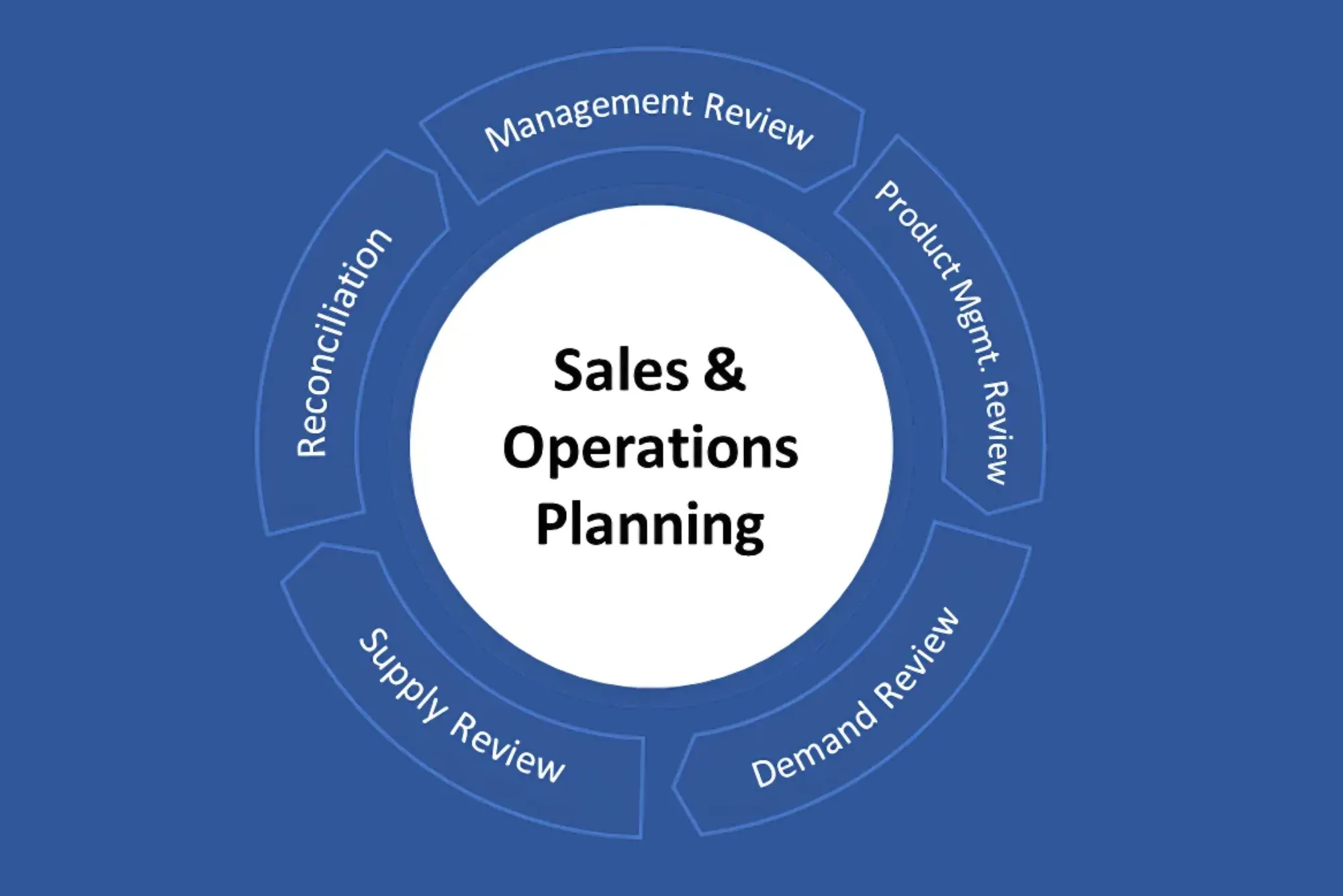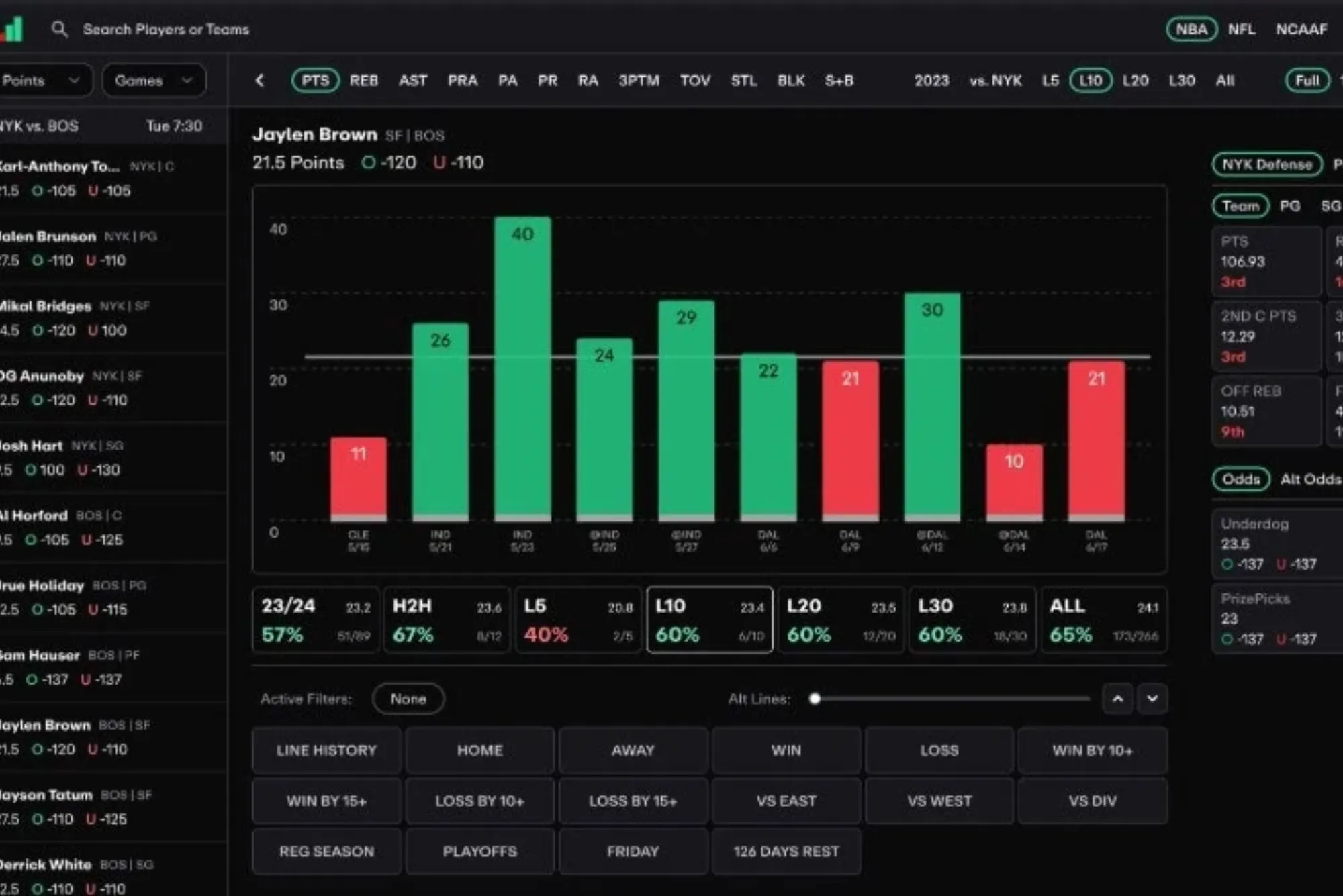If you’ve spent any time playing slots—whether in a buzzing brick-and-mortar casino or on one of the many UK slot sites—you’ve probably asked yourself: Do slot machine odds change over time? It’s a fair question, especially when you’re riding a winning streak or watching your balance slowly drain without a bonus in sight. The simple answer is both yes and no, but the truth is more nuanced than you might expect.
As someone who’s spent years studying how slots work and enjoying online gaming myself, I want to unpack the myths, the math, and the reality behind this question. We’ll look at what really affects slot odds, how regulations come into play (especially in the UK), and whether your timing at the reels actually matters.
Understanding Slot Machine Odds: The Basics
Slot machines, whether physical or digital, operate based on Random Number Generators (RNGs). This technology ensures that every spin is independent and completely random. In other words, each time you hit spin, you’re facing a new outcome not connected to the last one. There’s no memory or pattern recognition in a true RNG slot.
These odds are pre-determined by a game’s Return to Player (RTP) percentage and volatility. For instance, a slot might have an RTP of 96%, meaning that over a long period, it pays back 96% of the money wagered. That doesn’t mean you personally will see those results—it’s an average across all plays by all players over time.
Do Odds Really Change?
Now comes the twist: slot odds themselves don’t change on a whim or with time, at least not in a live session. But there are some exceptions and misconceptions that need clarification.
1. Scheduled Payout Changes Don’t Exist in Regulated Markets
In regulated markets like the UK, it’s illegal for a slot operator or software developer to dynamically alter the odds while a game is in play. The Gambling Commission enforces strict standards, and all licensed UK slot sites must comply. This means if you’re playing a slot with a 95% RTP today, it’s not going to silently shift to 90% tomorrow without that being a completely new version of the game, often labeled with different RTP ranges.
So while a developer can offer multiple RTP variants to casinos, once a specific version is selected, it remains fixed. This prevents manipulation and provides a level of transparency and fairness for players.
2. Does Time of Day or Player Volume Affect Slots?
Another popular myth is that casinos tighten or loosen slots depending on time of day or how many people are playing. Again, not true in regulated online environments. Every spin you make is governed by RNG, not by external conditions like user traffic or daily cycles.
However, in land-based casinos, particularly those without modern digital machines, operators might occasionally swap out machines or settings manually—but again, even this is done within legal guidelines and doesn’t happen dynamically.
3. Progressive Jackpots and “Hot” Slots
Here’s where things get interesting. While the odds of hitting a jackpot remain random, progressive slots do build up large payouts over time. This often creates the illusion that a machine is “due” or becoming more favorable. In reality, the underlying math hasn’t changed; it’s just that the prize pot is now more appealing. Some progressive jackpots do have “must-hit” thresholds (e.g., it must hit before £10,000), which can influence player behavior but not the slot’s core odds.
Many seasoned players on UK slot sites chase these “must-drop” jackpots during their high-value windows—not because the odds have shifted, but because the potential payout has grown more attractive.
RTP Variants on UK Slot Sites
You may notice that some UK slot sites offer the same slot title from a provider like NetEnt or Pragmatic Play but with slightly different RTP values. This isn’t a glitch—it’s a business decision. Developers often supply multiple versions of their games, such as 96%, 94%, or 92% RTP, allowing operators to choose based on their risk and profit models.
It’s important for players to read the game info or visit the help/paytable section to see the current RTP of the slot they’re playing. While it won’t impact the outcome of a single session, it does influence your long-term expectations. A 96% RTP game is mathematically more favorable than a 92% one, even if the difference feels subtle in a short run.
Casino Promotions and Bonuses: Do They Affect Odds?
Casino bonuses are another point of confusion. Let’s say you claim a 100% match bonus on one of your favorite UK slot sites—does that bonus play change your odds? Technically, no. The slot’s underlying mechanics stay the same whether you’re playing with bonus money or real money.
However, the wagering terms attached to bonuses often limit your flexibility. For example, you might be restricted from playing high-volatility slots or capped on your max bet. These external conditions can affect how you play, which might in turn influence your results, but again, the actual odds of each spin remain untouched.
Psychological Factors: The Perception of Changing Odds
One of the most fascinating aspects of this debate is how our brains interpret randomness. Humans are wired to look for patterns, even in places where none exist. If a slot hasn’t paid out for a while, we assume it’s about to. Or if we win big early, we might think the game is “hot.”
In reality, this is all perception. A truly random game doesn’t know whether it’s been generous or stingy recently. Still, these beliefs can influence how long we play, how much we bet, and when we choose to walk away.
When Can Odds Actually Change?
Let’s be absolutely clear—there are situations where the odds can change, but not how you might think:
Game Updates or Variants: If a provider releases a new version of a slot (say, Book of Dead at 94.2% RTP vs. 96.2%), and the casino switches to that variant, then yes, the odds are different.
Bonus Features or Side Bets: Some slots offer optional features, like increasing your bet to unlock higher RTP or more bonus rounds. In those cases, you control whether the odds shift by engaging or skipping those extras.
Game Volatility Adjustments: Developers might tweak a game’s volatility profile (how often and how big it pays out) across versions. This changes how winnings are distributed, even if the overall RTP remains the same.
None of these changes happen dynamically mid-game. They require player input, game reloads, or are pre-selected before you begin playing.
Tips to Maximize Your Experience on UK Slot Sites
Instead of worrying whether slot odds change mid-spin, focus on the things you can control:
Choose high-RTP games whenever possible. A few percentage points can make a difference over the long term.
Read the rules and info panels for every slot. Know your RTP, volatility, and bonus mechanics.
Stick to regulated sites. All UK slot sites licensed by the Gambling Commission are held to strict transparency and fairness standards.
Understand variance. Even a 98% RTP slot can take your bankroll if you hit a cold streak. That’s part of the game’s design, not a shift in odds.
Play for entertainment, not as a financial strategy. Knowing the math is important, but so is managing expectations.
Final Thoughts: Do Slot Odds Change Over Time?
Slot odds don’t change dynamically during a session, and certainly not in a way that’s designed to trick players—at least not on regulated UK slot sites. The core of every game is built around RNG, fairness, and transparency, especially in the UK market. While RTP variants exist, and jackpot-based incentives may sway how you feel about a slot’s payout potential, the numbers remain true to their design.
The smartest players aren’t chasing “hot” machines or timing their spins. They’re informed, selective, and play with a long-game mindset. So the next time you’re spinning the reels and wondering if your luck is about to turn because the odds have shifted—remember, it’s not the slot that’s changing. It’s your perspective.
If you’re serious about your slot experience, especially on top-tier UK slot sites, always keep learning, stay mindful, and never let myths guide your bankroll.











